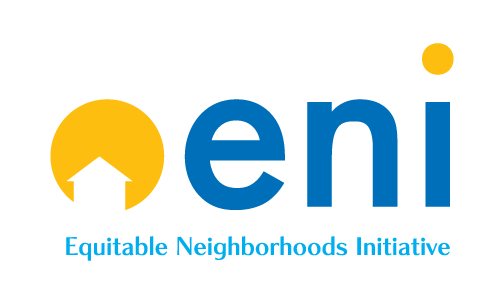November 24, 2023
– By Gabrielle Lamplugh –
Each year, Native American Heritage Day occurs on the Friday following Thanksgiving. The day celebrates the unique heritage, culture, and traditions of Native Americans in the United States. The state of Alabama recognizes nine unique Native American tribes. The Equitable Neighborhoods Initiative is fortunate to partner with two tribal communities. These communities include the MOWA Band of Choctaw Indians and the Ma-Chis Lower Creek Indian Tribe of Alabama.
Maggie Rivers, ENI Community Liaison for the MOWA Band of Choctaw Indians, also serves as Project Director for her tribe. In her role, she secures funding that supports tribal programs and community members. Nancy Carnley serves as ENI Community Liaison for the Ma-Chis Lower Creek Indian Tribe of Alabama. She also serves as Human Resources Director for her community.
For Maggie, Native American Heritage Day is a special holiday. She believes it is important because it preserves and promotes tribal history and culture.
“Native American Heritage Day is very important to me and my tribal members because of what that day represents,” Maggie shared. “We were pleased to see this legislation become a law because it specifically recognizes all the contributions that Native Americans across the United States have made to our great country.”
“We feel very strongly that Native Americans are the true forefathers of this great nation,” Maggie continued. “We feel it’s the right thing to do to set aside a special day to honor those who paved the way for so many others.”
For Nancy, Native American Heritage Day brings up complicated feelings. On one hand, the Ma-Chis have not been recognized federally due largely to the cost and complicated legal process required for designation. However, Nancy still sees value in recognizing the contributions of tribes to the United States.
Nancy is glad the contributions of Native Americans are being recognized after generations of assimilation. She points out that while Native Americans were the last ethnic group to gain voting rights in the U.S., they have contributed significantly to the country. For example, Native Americans have the highest record of military service per capita when compared to other ethnic groups.
Native American Heritage Day is one of the many ways that the MOWA Band of Choctaw Indians and the Ma-Chis Lower Creek Indian Tribe of Alabama celebrate their heritage.
For the MOWA Band, heritage events include their Annual Pow Wow, Cultural Festival, and a summer camp that teaches young people the Choctaw language. The tribe has also hosted a Culture Day that offered sessions on tribal heritage. The event was open to tribal members as well as the broader community.
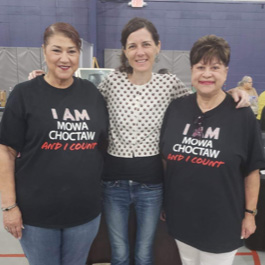
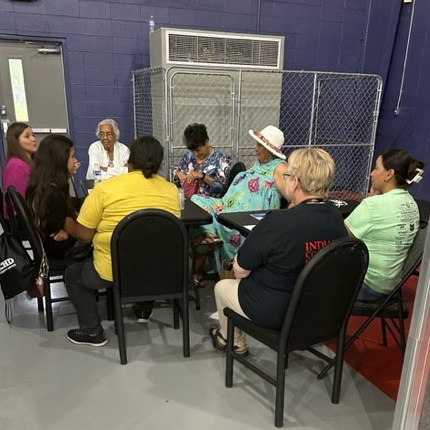
The Ma-Chis have many events that take place throughout the year to celebrate their heritage. Most are connected to important agricultural events. These events include the Berry Festival, the Onion Festival, the Green Corn and Little Corn Ceremonies, the Fish Ceremony, and finally Harvest.
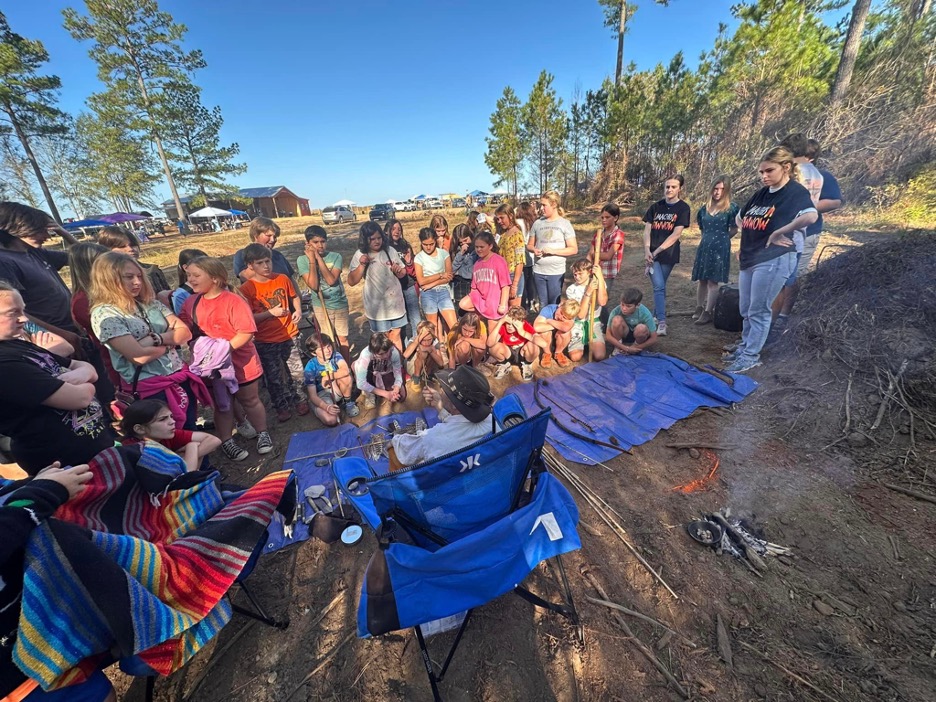
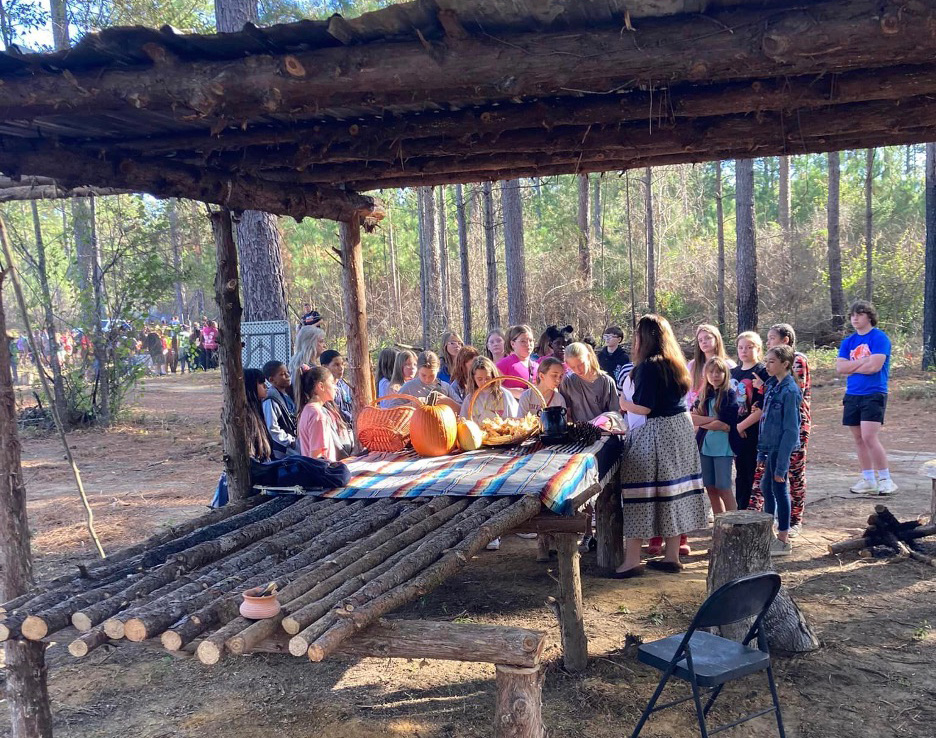
In the video below, Maggie and Dr. Lebaron Byrd, Chief of the MOWA Band of Choctaw Indians, share their perspectives on preserving a community’s history and educating the next generation so that history isn’t lost. They share examples and strategies they have used that any community can apply to their context.
For Maggie and Nancy, health is an important aspect of preserving tribal heritage. The COVID-19 pandemic affected their communities significantly. Many in their communities struggled both in terms of health as well as general well-being.
“We canceled all meetings, cultural events, and closed the tribal office,” Nancy shared. She emphasized the negative impact the pandemic had on community connectedness.
Nancy also noticed the negative health outcomes for many tribal members. Many lack access to medical care and report facing racial discrimination from medical professionals.
In the MOWA Band community, Maggie was also concerned about the impact of the pandemic on employment and educational access.
“We lost several of our tribal members to COVID and schools were closed for several months,” Maggie recalled. “Some of our mothers were forced to quit their jobs to stay home and take care of the children. Other tribal members saw their work hours substantially reduced or were completely laid off.”
Since the pandemic, both Maggie and Nancy have been focused on helping their communities recover and thrive.
Through ENI, Nancy has been focused on improving health access and education in the Ma-Chis community. Over the last few months, she has been partnering with medical providers to help her community access the care they need.
“We have had 2 health fairs where UAB came to examine patients and treat and refer patients for continued care,” Nancy said. “The Lions [Club] eye clinic has come twice to perform eye exams and prepare glasses. We have also offered a mental health first aid class.”
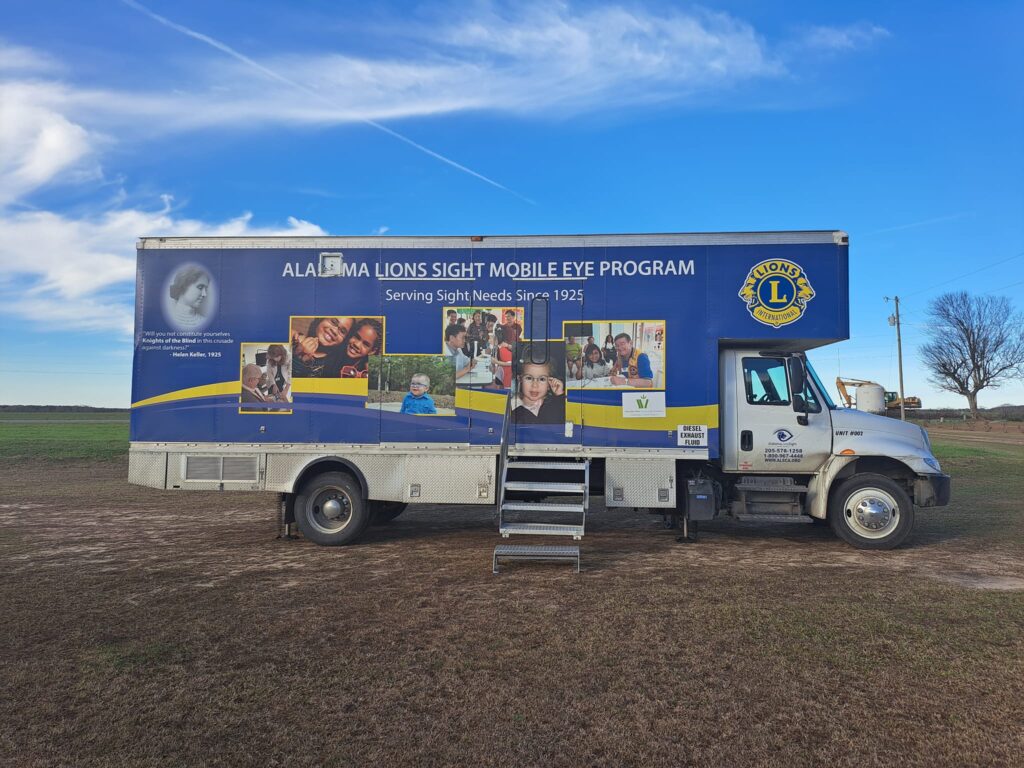
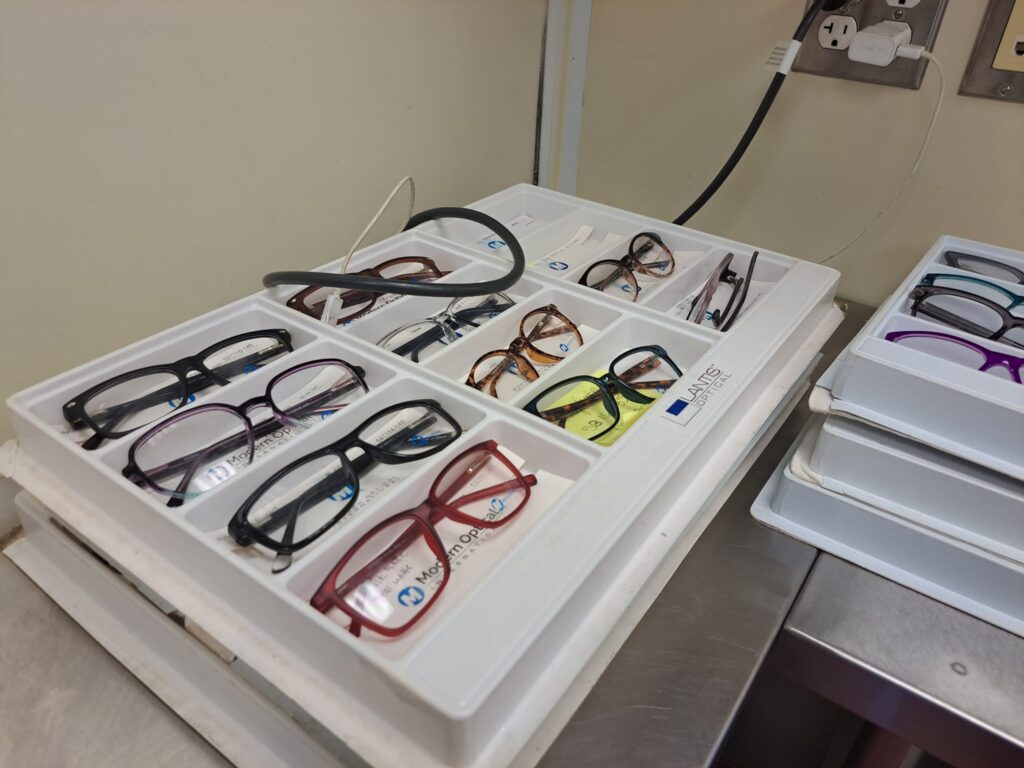
In the wake of COVID-19, the MOWA Band of Choctaw Indians secured a grant from the Alabama Department of Public Health. The funding provided vaccine administration as well as COVID-19 testing. Currently, Maggie is focusing on the opening of a weekend urgent care clinic that will serve tribal and non-tribal members. She credits her ENI Regional Director Danny Patterson with helping make this project possible.
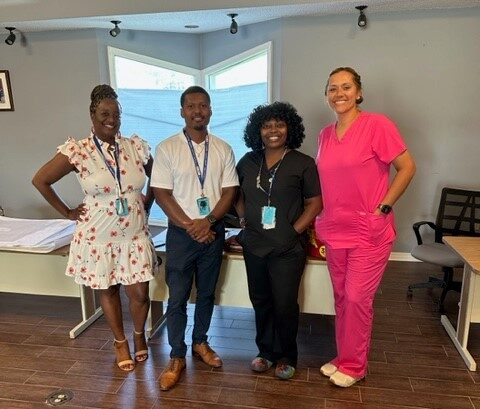
“I don’t think we really realized the inequities in our community until ENI,” Maggie said. “Through ENI, we have been able to bring some issues to the forefront and also learn various ways to involve our communities.”
